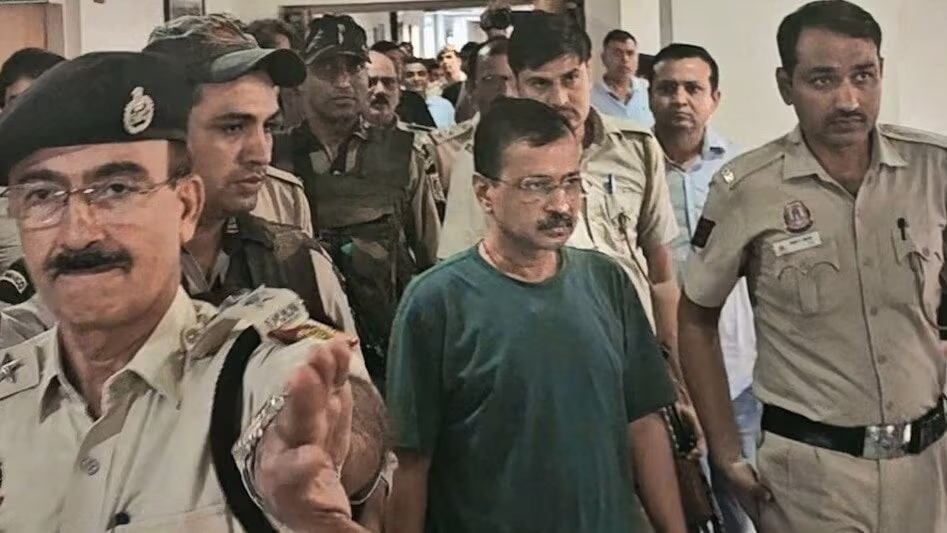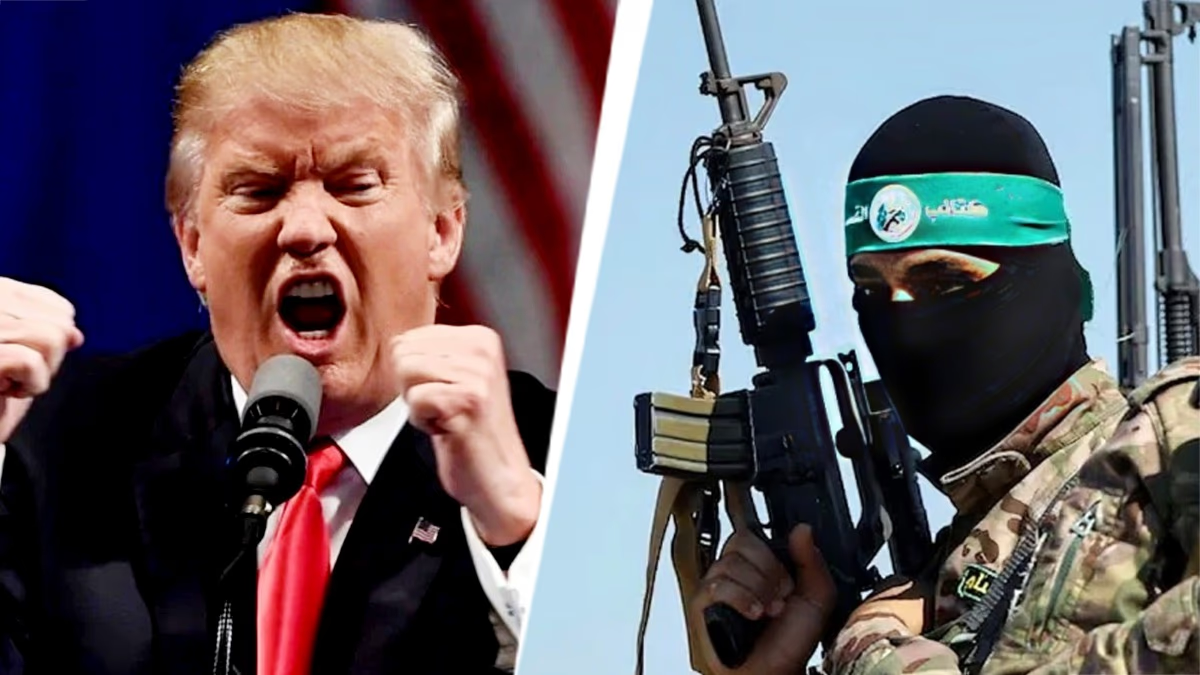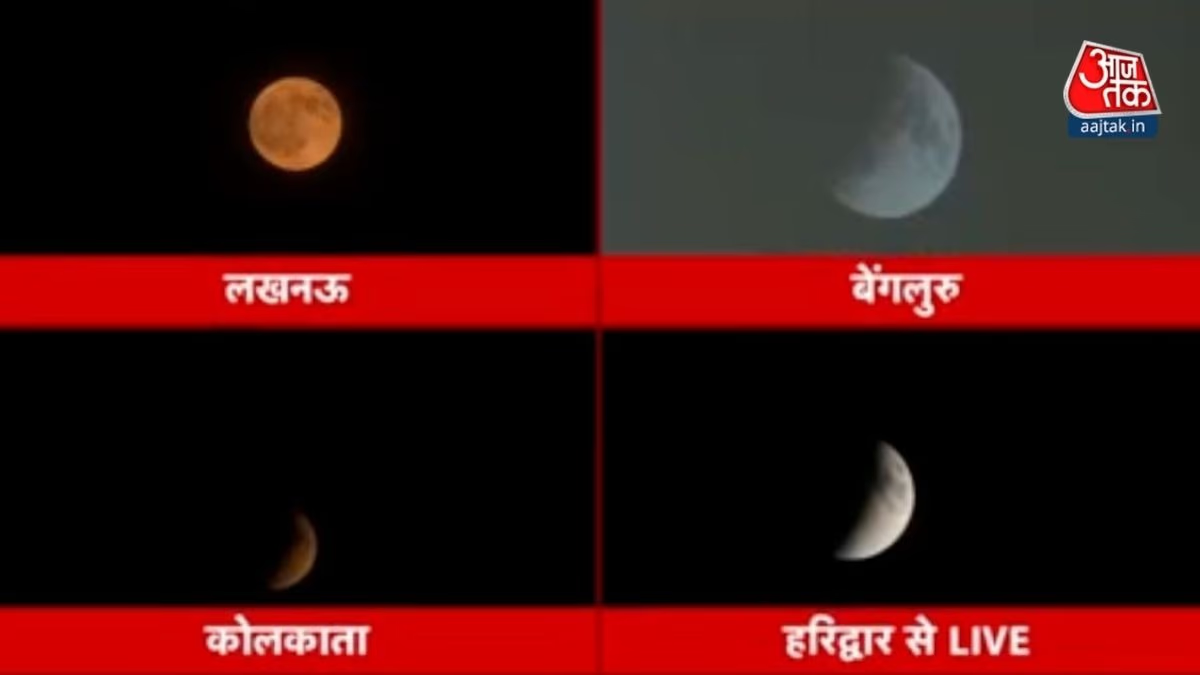The Delhi High Court heard a petition on Wednesday challenging the arrest of Chief Minister Arvind Kejriwal in connection with the liquor scam case. During the hearing, the CBI made significant claims regarding Kejriwal's involvement in the scam.
The CBI asserted that Kejriwal was fully involved in the conspiracy linked to the liquor scam. All the decisions by the Delhi government were taken under his direction, and he deliberately tampered with the Delhi Liquor Policy.
The CBI argued that if Kejriwal were granted bail, he could potentially influence the investigation. The CBI claimed that Aam Aadmi Party leaders and Kejriwal's wife, Sunita, were continuously presenting false narratives to influence witnesses.
Opposing Kejriwal's bail, the CBI stated in an affidavit before the High Court that Kejriwal gained immense financial benefits from the sale of liquor. The investigative agency mentioned that the decision on the liquor policy made by Manish Sisodia was approved by the Cabinet chaired by Kejriwal.
The CBI contended that Kejriwal misused the complexities of the law to mislead the court. He approached the court using Section 439 of the CrPC for bail without first contacting the lower court. The appropriate course of action for him was to approach the Session Court for bail.
The CBI emphasized that the investigation, including arrests, lies solely within the agency's jurisdiction. Another aspect is whether the accused provided satisfactory answers to questions or evaded them. The decision on this matter is entirely within the investigative agency's jurisdiction.
The CBI noted that Kejriwal's efforts to sensationalize the case were unfortunate. His custody was requested only after all other circumstances of the case had been thoroughly examined.
They stated that Kejriwal had a direct role in this matter. As the Chief Minister, he not only influenced decisions in Delhi but also all activities and related decisions of the Aam Aadmi Party.
In a 125-page affidavit, the CBI claimed that Kejriwal had close relations with officers and bureaucrats. Both he and his wife continuously crafted false narratives to influence witnesses and mislead the investigation. The agency further stated that Kejriwal never cooperated during this investigation.
The CBI said that the order to halt Kejriwal’s bail in the ED case was to be pronounced on June 25. We arrested him only after this order was issued. If it were an anticipatory arrest, the CBI could have arrested him before the High Court's order. This would have raised questions, but the CBI only took Kejriwal into custody after the High Court fully revoked his bail.
The Kejriwal government in Delhi implemented the Excise Policy 2021-22 on November 17, 2021. Under the new policy, the government exited the liquor business, handing all liquor shops over to private entities. The Delhi government claimed that this new liquor policy would end the mafia rule and increase government revenue.
However, the policy was controversial from the beginning, and when the controversy grew too large, the government repealed it on July 28, 2022. The alleged liquor scam was revealed on July 8, 2022, in a report by the then-Chief Secretary of Delhi, Naresh Kumar. In this report, he made serious allegations against many senior leaders of the Aam Aadmi Party, including Manish Sisodia. Delhi LG VK Saxena recommended a CBI probe based on this report.
Subsequently, the CBI registered a case on August 17, 2022. Since there were also allegations of money laundering, the ED filed a case to investigate money laundering aspects. The Chief Secretary's report accused Manish Sisodia of improperly formulating the liquor policy. Sisodia headed the Excise Department as well. The allegation was that the new policy provided undue benefits to licensed liquor traders.




